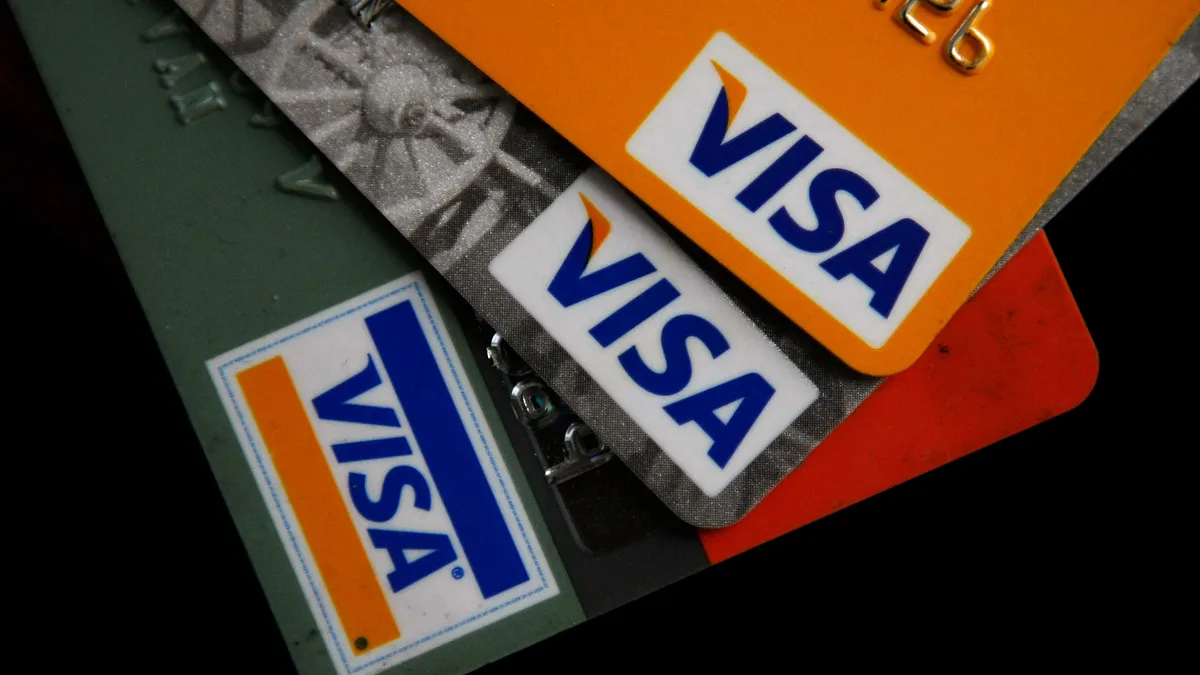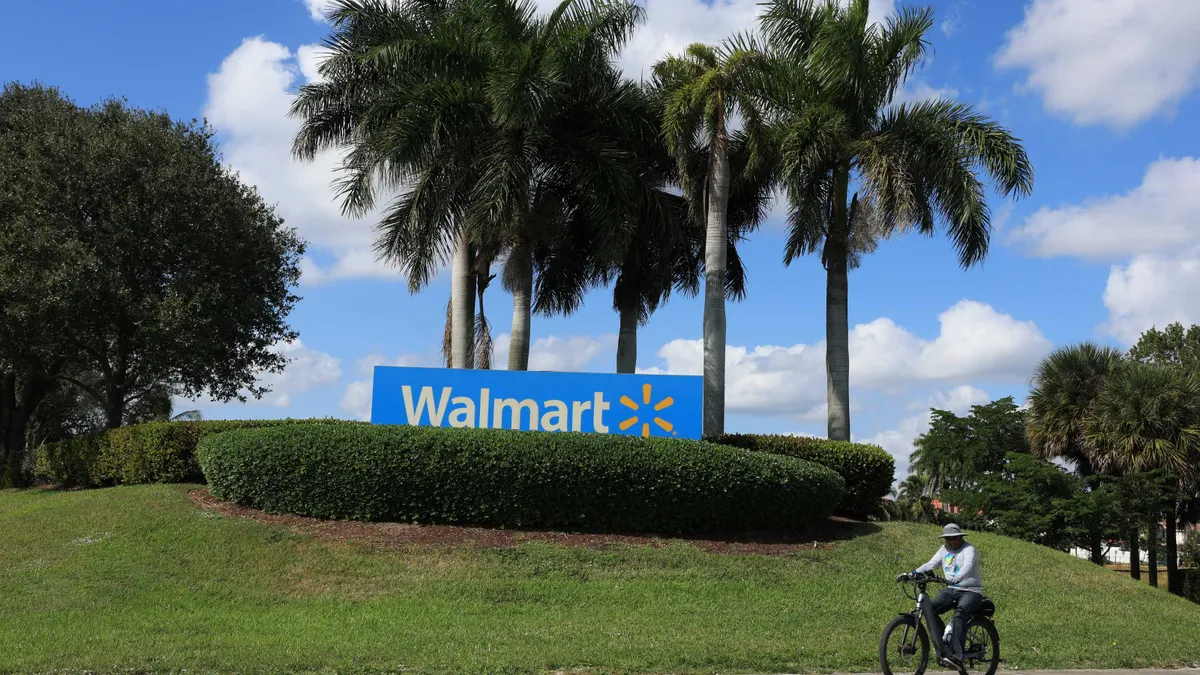At a JPMorgan Chase investor conference last week, Visa CEO Al Kelly was asked about regulation of the card industry. In his answer, he seemed to abruptly make news. He said Sen. Dick Durbin has a piece of legislation “on his desk” that would impose additional price controls.
“The reality is that Sen. Durbin has a bill before…well, it’s not before anything, it’s sitting on his desk. He’d like it to be before the floor for consideration,” Kelly said to an audience of investors. “All it is, underneath everything, it’s an attempt by the government to get involved in pricing in private markets.”
Strangely, Durbin (D-IL) himself hasn’t mentioned any new legislation. In fact, at a Senate Judiciary Committee hearing earlier this month focused on “excessive swipe fees and barriers to competition in the debit and credit card systems,” Durbin didn’t reference new legislation. Nonetheless, he did suggest a handful of steps that could be taken to rein in the industry.
A spokesperson for Durbin's office didn’t have a comment, but provided one from a Judiciary Committee aide by email. "Competitive markets should determine prices," the unnamed aide said. "When a dominant company like Visa distorts the marketplace with anticompetitive fees and practices, consumers and small businesses suffer. If Visa would stop stifling market competition when it comes to fees and innovation in the credit and debit card systems, then the need for government oversight would diminish."
Visa didn't respond to a request for further comment on Kelly's initial statement, and didn't immediately respond to a request for comment on the aide's remarks.
Does Kelly know something that most people don’t? He didn’t elaborate on his comment about Durbin’s intentions, but the CEO seems worried about the interchange fees merchants pay for consumers using card services.
And so are bank card issuer allies. In a letter earlier this month to Durbin and the ranking Republican on the Judiciary Committee, Chuck Grassley of Iowa, the National Association of Federally-Insured Credit Unions said: “Any new caps or restrictions on interchange fees would only hurt community institutions such as credit unions as well as the American consumer.”
The card issuers and the networks, including aVisa and Mastercard, oppose legislation that would impose the kind of cap on credit interchange fees that were imposed on debit fees in 2010 with the Durbin Amendment to the Dodd-Frank Wall Street Reform and Consumer Protection Act. While the banks and card networks have put up with that debit cap for the past decade, they’ve been free to impose rising rates for credit transactions.
Merchants pay interchange fees to banks whenever consumers swipe their credit or debit cards, and the networks ultimately benefit from those fees, too. Durbin has over the past year increased his threats against what he calls the Visa-Mastercard “duopoly,” arguing their fees impose increased costs on merchants and consumers.
While he and other Congress members successfully pressured Visa and Mastercard to hold off on fee increases during the first two years of the COVID-19 pandemic, merchants say Visa went ahead with some increases, starting last year, and Mastercard followed suit this year.
Could it be that behind the scenes, Durbin is pressing for more Draconian action if the card industry doesn’t comply with the list of reforms he outlined at the hearing this month? One of the senator’s many retail industry supporters on the issue said last year that he was aware of Durbin seeking Republican support for a bill. If Kelly and his allies expect legislation is in the offing, maybe they’re hoping to rally opposition sooner rather than later.
Either way, it all suggests a struggle over the issue happening behind the scenes. And apparently, despite the support of a fellow Democratic president intent on new antitrust guardrails, Durbin may be having a tough time finding political backing or the right Republican co-sponsor for a legislative move on the matter.
In any case, Kelly appears determined not to wait for the legislation to materialize. “It’s not the job of the government,” he said at the JPMorgan conference criticizing Durbin's actions. “Markets should determine price, not governments, and I feel very strongly about that and that’s something we will continue to make our case for.”
He probably can’t afford to wait when so much hangs in the balance for this credit card business. The average credit card fee imposed by Visa and Mastercard last year on behalf of card issuers was 2.22%, while their average debit card fee was less than half that amount at .72%, according to an April report from card industry research firm The Nilson Report.
Kelly said increased debit card use, the rise of e-commerce and the return of travel post-pandemic are three key factors driving Visa's growth, but he clearly can’t afford to give up on more credit card revenue. Visa and other card companies are awaiting a credit recovery after it declined during the economic tumult of the pandemic.
When JPMorgan’s analyst asked Kelly about credit’s slower growth, the CEO deftly side-stepped the question. But when it comes to legislative action on that front, Kelly is signaling he’s prepared to take it head-on.
Editor's note: This piece has been updated with a comment from a Judiciary Committee aide.




















